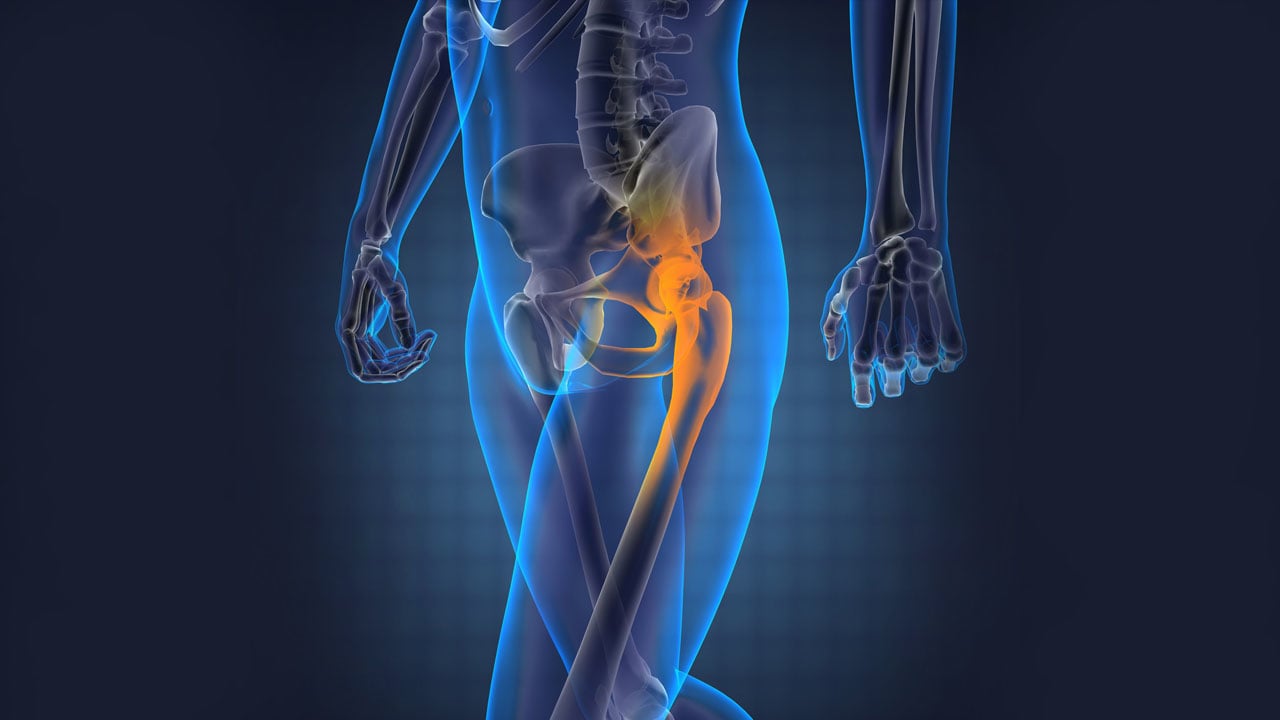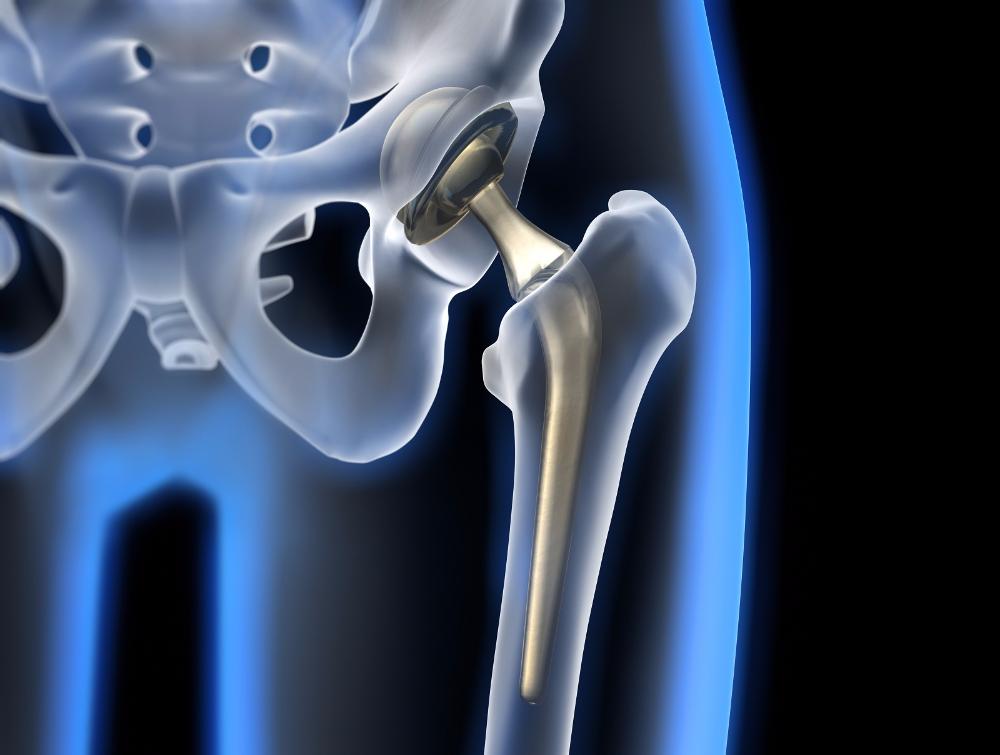It is the process of restoring the hip joint to its normal position. Hip dislocation treatment usually requires emergency intervention and includes two main methods: closed reduction and surgical intervention. Closed reduction involves manually repositioning the hip joint. If this method fails or the dislocation is complicated, surgical intervention may be necessary. After treatment, physical therapy and rehabilitation are applied to restore joint functionality.
When Is Hip Dislocation Treatment Performed?

Hip dislocations that occur after an accident or trauma may require emergency treatment. In such cases, surgical intervention may be necessary quickly. In some situations, long-term hip dislocations can develop, and surgery is usually performed to stabilize the hip joint. Hip dislocation treatment may also involve hip replacement surgery if required.
If the hip joint is damaged due to degenerative diseases, prosthetic surgery may be considered. Conditions such as congenital hip dysplasia can lead to hip dislocations and may require treatment. In some cases, rehabilitation programs are recommended before and after surgical intervention. These treatments aim to strengthen the hip joint and improve mobility. The method of treating hip dislocation depends on the patient’s condition and the type of dislocation. Treatment options are usually determined by a specialist orthopedic surgeon and tailored to the individual case.
How Is Hip Dislocation Treated?
In emergencies, the dislocated hip should be repositioned. This is done under anesthesia, either by manual manipulation or through surgical methods. Depending on the severity and condition of the dislocation, surgery may be required. This surgery is typically performed as a hip replacement or fracture repair. Hip replacement surgery is considered when the hip joint is severely damaged or has advanced arthritis. Postoperative rehabilitation is crucial. A physiotherapy program helps restore hip joint function and mobility.
This process supports the patient’s return to daily life activities and improves hip joint mobility. Pain management with painkillers and anti-inflammatory medications is important for comfort during recovery. In some cases, supportive devices are used to aid patient movement after dislocation. Since every patient is different, the treatment method and recovery process should be determined by your doctor. It is important to consult an orthopedic specialist if you experience symptoms.
Post-Treatment Considerations for Hip Dislocation

Follow your doctor’s instructions carefully during the treatment process. This can speed up your recovery and reduce the risk of complications. Resting for a certain period after hip dislocation treatment is important. Avoid lifting heavy objects and excessive movements outside of the activities recommended by your doctor. If your doctor has prescribed physical therapy sessions, attend them regularly. These sessions can help strengthen the muscles and improve your range of motion. Take your prescribed medications regularly.
It is important to take the medications prescribed for pain or inflammation control consistently. Pay attention to eating a healthy diet and drinking enough water. This can support your recovery process. Make sure to attend your follow-up appointments on the dates set by your doctor. During these visits, X-rays or other imaging tests may be performed if necessary. Take the necessary precautions to increase safety at home. Avoid risky activities such as climbing high places or carrying heavy objects. During recovery, seek support from your family or close friends. They can provide moral support and assist with daily activities. If you notice severe pain, redness, swelling, or any other concerning symptoms, consult your doctor immediately. Since every patient is different, post-treatment recommendations may vary. Therefore, following your doctor’s instructions is the most important step in your hip dislocation treatment process.



